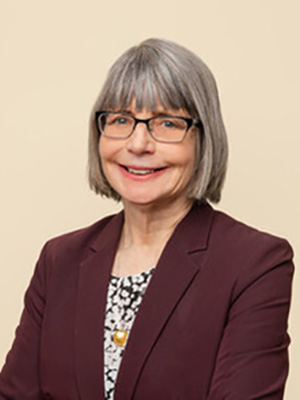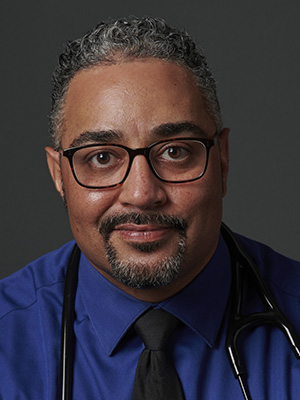Beth Baker, MD, MPH, FACMT, FACOEM, Academic Program Director
Zeke McKinney, MD, MHI, MPH, FACOEM, Residency Program Director
The goal of the Occupational and Environmental Medicine (OEM) Residency Training Program is to train physicians who will improve the health and safety of workers and be able to practice in a wide range of venues including government agencies, corporate health departments, clinical practice, or academia.
Central to this training has been an emphasis on providing a solid clinical basis for the practice of occupational medicine and the management of patients with work-related health problems, as well as the identification and remediation of occupational risks and hazards in the workplace. Additional emphasis is given to research in this field. All residents complete a research project during their training under the supervision of experienced faculty.
Our residency provides very strong clinical training in OEM, with currently four primary clinics around the Twin Cities where residents rotate and work with a variety of occupational populations, in addition to different demographic populations based on geography and various social factors. Residents are encouraged to pursue their passions and grow into thought leaders spanning the broad areas that our specialty covers.





